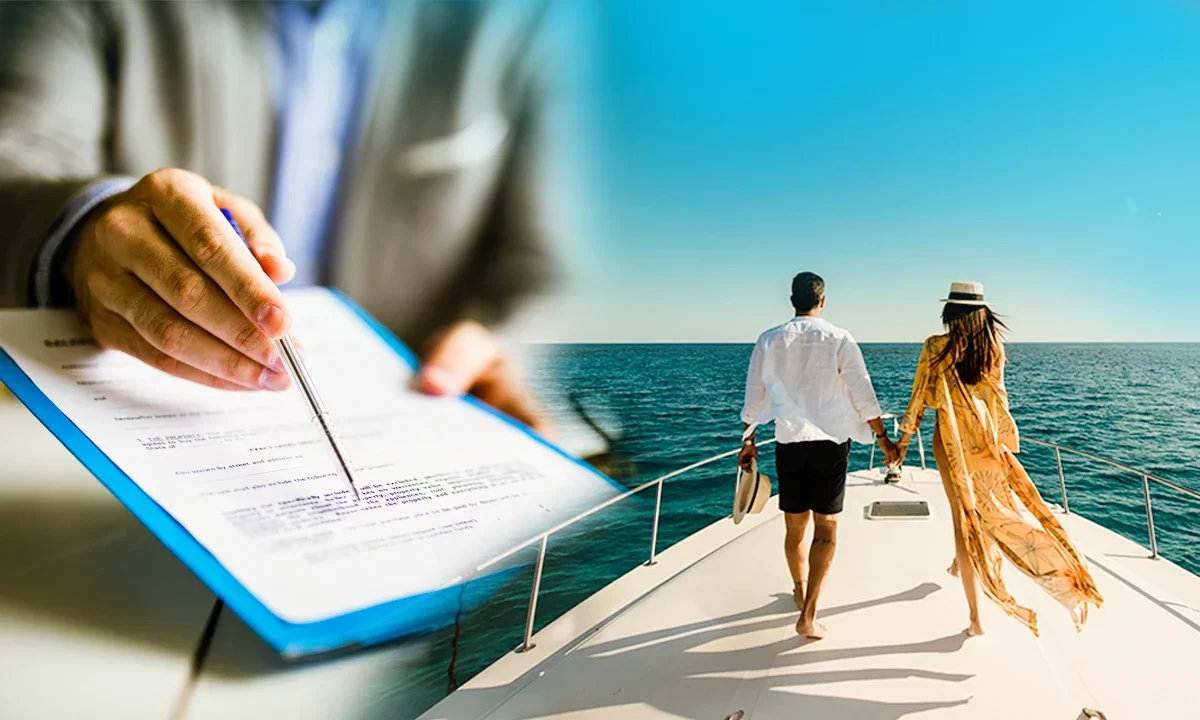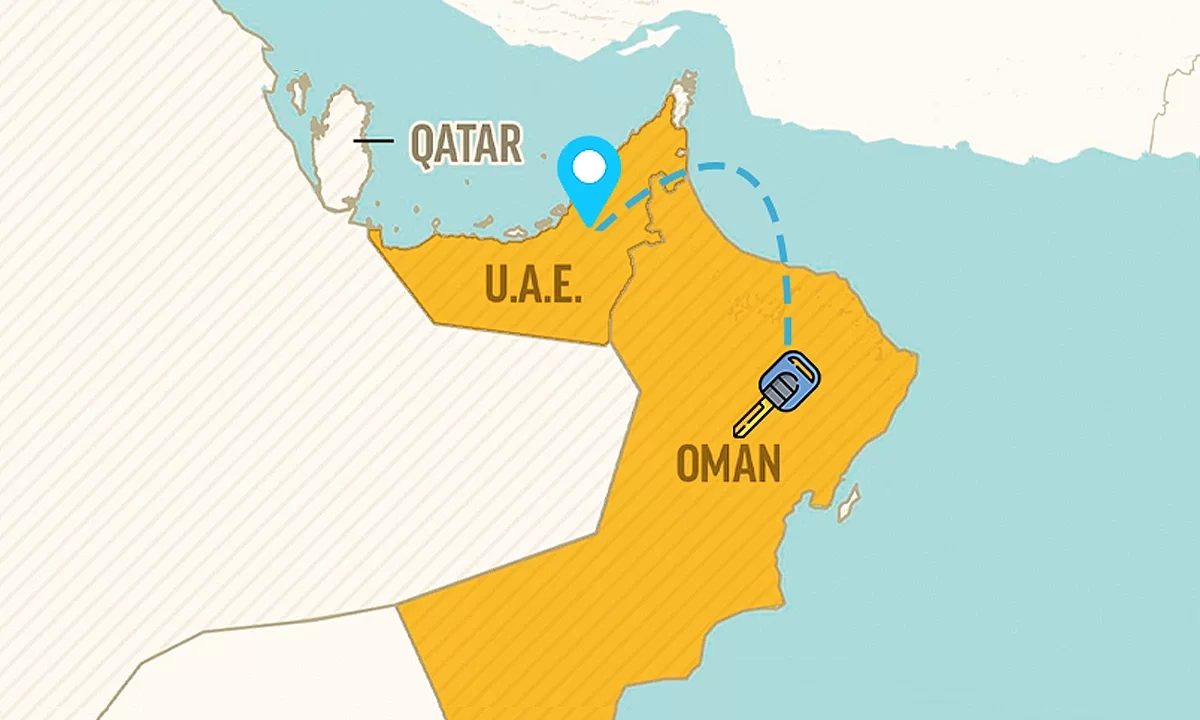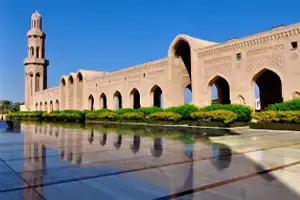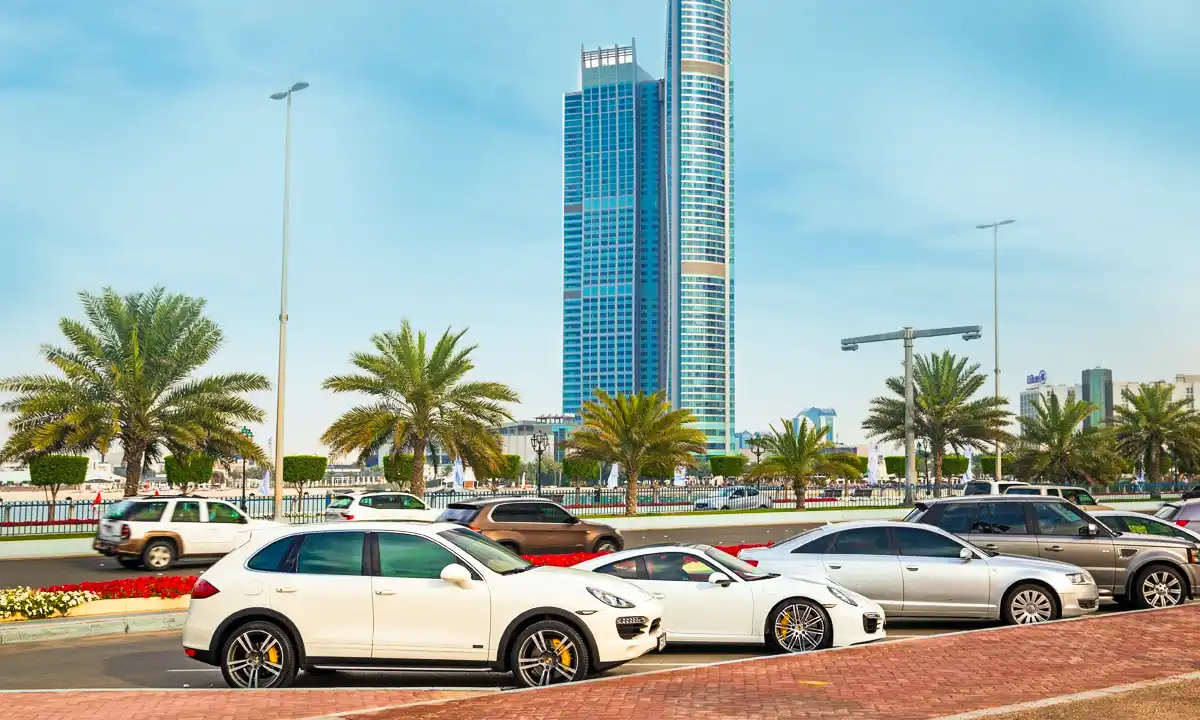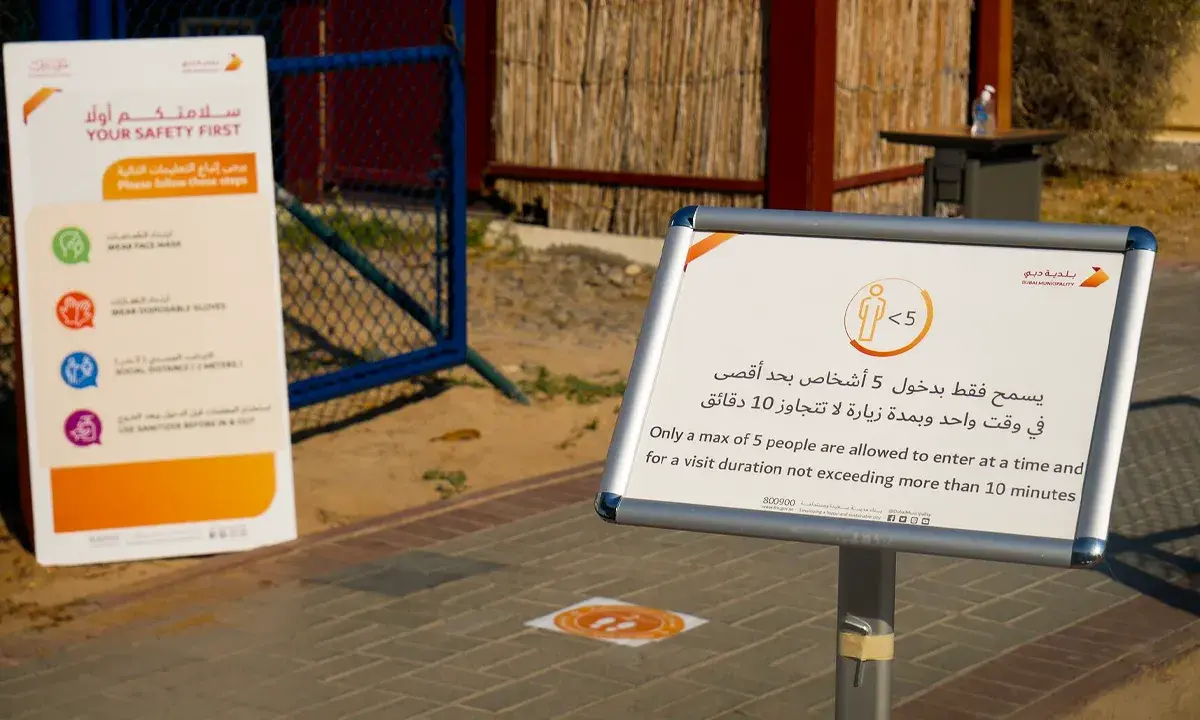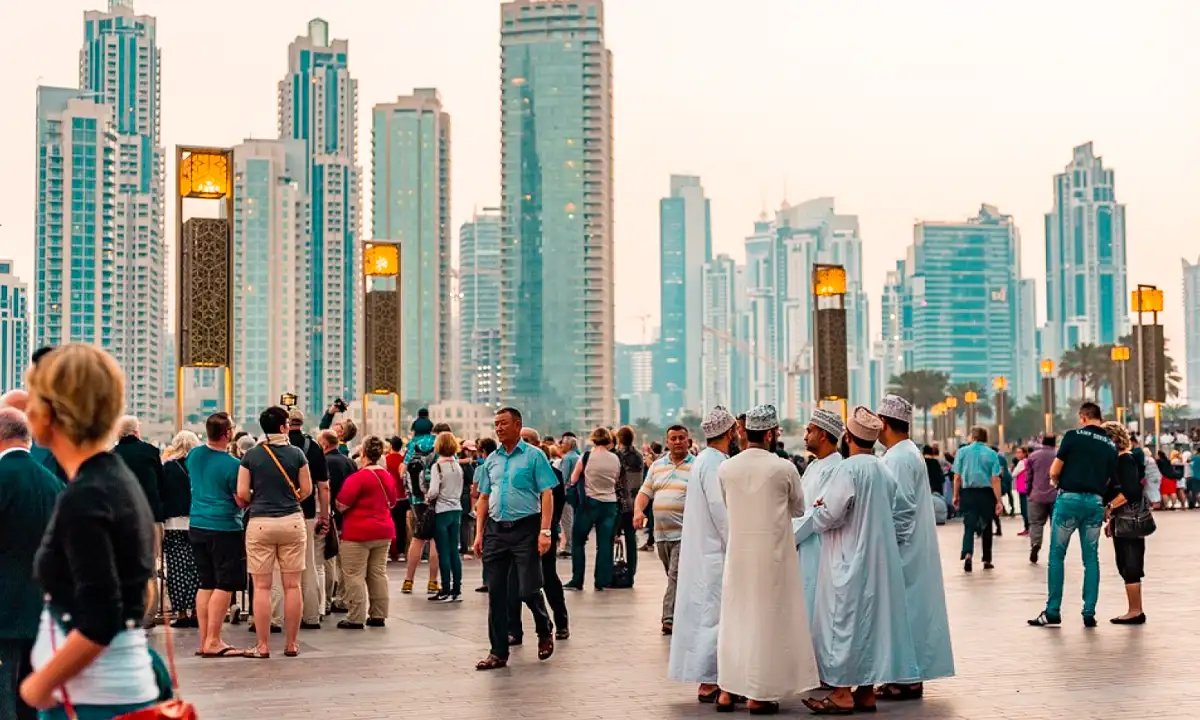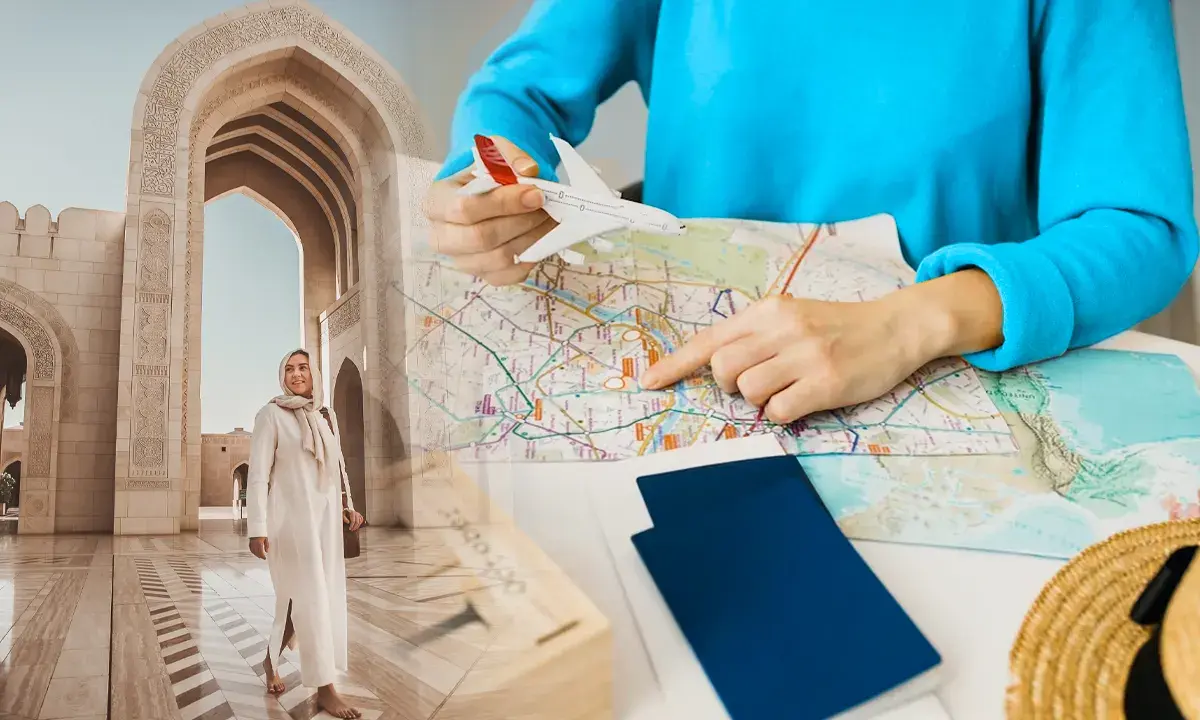Dubai, the ‘City of Gold’, is a dazzling blend of tradition and modernity, attracting millions with its skyscrapers, malls, historic souks, and beaches. While exploring this vibrant city, from shopping at the Mall of the Emirates to dining near the Burj Khalifa, effective financial planning is crucial. Managing your finances well is key to fully experiencing Dubai’s offerings and avoiding financial pitfalls.
What is the best type of currency to carry while visiting Dubai? The most convenient currency to carry in Dubai is the UAE Dirham (AED). It’s accepted everywhere in the city, providing hassle-free transactions for travelers. Although ATMs and currency exchange services are readily available, having AED on hand is ideal for all purchases and services.
In this guide, we’ll delve deep into making the right currency choices for your trip and describe what currency to use in Dubai, so you can focus on making memories, not monetary concerns.
Table of Contents
Understanding Dubai’s Official Currency
Introduction to the United Arab Emirates Dirham (AED)
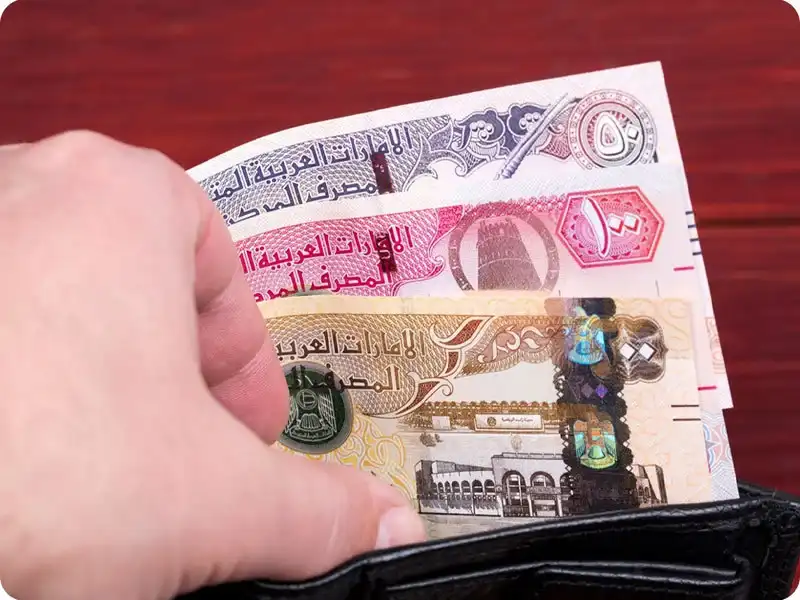
Symbol and Basic Currency Details
- Symbol: The Dirham is symbolized as “د.إ” in Arabic and often represented as “AED” or “Dhs” in common usage, especially in price tags and receipts.
- Denominations: The Dirham is subdivided into 100 smaller units called “fils”. Coins are available in denominations of 1, 5, 10, 25, 50 fils, and 1 Dirham. It’s worth noting that smaller denominations like 1 fils or 5 fils are less commonly used due to their low value.
What’s important for travelers?
- Exchange Rates: While the AED is pegged to the US dollar, making its value relatively stable, it’s crucial to keep an eye on exchange rates. As of the last update, the exchange rate was approximately 3.67 AED to 1 USD but always check for current rates before making significant transactions.
- Availability: Given Dubai’s status as a global hub, AED is readily available in currency exchange outlets worldwide. However, rates in your home country might not be as favorable as those found in Dubai.
- Acceptance: While major credit cards are widely accepted in Dubai, carrying a certain amount of Dirhams is essential for places that don’t accept cards or for smaller transactions at local markets or souks.
Benefits of Carrying the UAE Dirham (AED)
- Quick Payments: Carrying the AED ensures that you can pay for goods and services promptly. Whether you’re grabbing a quick snack at a local eatery, paying for a taxi ride, or purchasing souvenirs at a bustling market, having Dirhams in hand makes transactions seamless.
- No Hassle of Currency Conversion: With AED in your wallet, you don’t have to pause and calculate conversion rates every time you make a purchase. This means more time enjoying your trip and less time crunching numbers.
- Universal Acceptance: While international credit and debit cards are popular in malls and high-end establishments, local vendors, especially in traditional markets or souks, might only accept cash. The AED ensures that you’re always prepared, no matter where you shop or dine.
- Tip-Friendly: In Dubai, while tipping isn’t mandatory, it’s appreciated. Having Dirhams on hand makes it easier to tip service staff, like bellboys, valets, or waitstaff, showing appreciation for their service.
- Stable Value: The AED is pegged to the US dollar, which ensures its value remains relatively stable. By converting your money to Dirhams at the onset of your trip, you lock in your exchange rate, protecting you from potential fluctuations that might occur with other currencies during your stay.
- Budgeting Simplicity: By having a fixed amount of AED, it’s easier to set and stick to a daily budget. You can gauge your spending and avoid unexpected expenses related to currency conversion fees or rate changes.
Foreign Currency Alternatives
- US Dollar (USD): Given that the AED is pegged to the US Dollar, many businesses in Dubai are familiar with the currency. While you might not get an exchange rate as favorable as at currency exchange centers, you can still comfortably use USD in most places.
- Euro (EUR): As Europe is one of Dubai’s significant tourist sources, the Euro is a well-recognized and accepted currency in many establishments.
- British Pound (GBP): With strong ties between the UAE and the UK, the British Pound is another currency that’s familiar to merchants in Dubai. Tourists from the UK will find it relatively easy to use GBP in various locations.
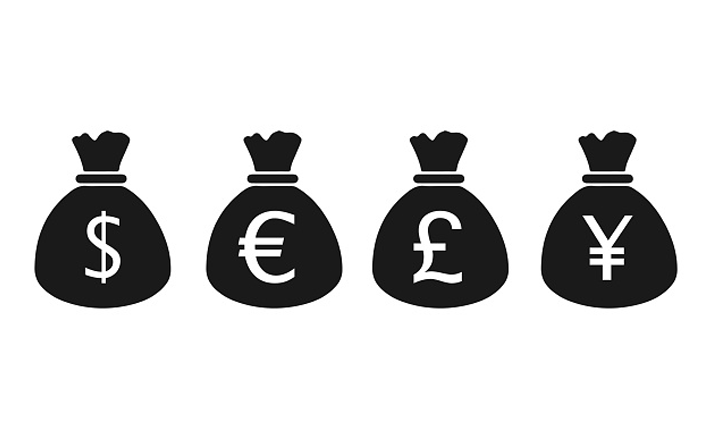
- Widespread Acceptance: Major international credit and debit cards, including Visa, MasterCard, and American Express, are accepted at hotels, malls, and most restaurants and shops in Dubai.
- ATM Access: There’s a vast network of ATMs throughout Dubai where visitors can withdraw AED using their international cards. However, be mindful of transaction fees and exchange rates.
- Safety and Security: Carrying cards reduces the need for large amounts of cash, offering a safer way to manage your finances while traveling. Moreover, many credit cards offer travel perks, insurance, and protection against theft or loss.
- Rising Popularity: Mobile payments have gained immense popularity in Dubai. Platforms like Apple Pay, Google Pay, and Samsung Pay are commonly used in retail and dining establishments.
- Local Digital Wallets: Platforms such as Beam Wallet, Emirates Digital Wallet (Klip), and Etisalat Wallet are tailored for use within the UAE and provide various offers and cashback options for users.
- Efficiency and Promotions: Digital payments often come with the advantage of quick checkouts, promotional offers, and discounts, making them an attractive option for savvy travelers.
- Government Initiatives: The government of Dubai has launched several initiatives to integrate blockchain technology into the city’s financial services, which indicates a growing acceptance of cryptocurrency.
- Crypto-Friendly Businesses: An increasing number of businesses, especially those targeting tech-savvy and international clientele, are starting to accept cryptocurrencies like Bitcoin and Ethereum as a form of payment.
- Legal Framework: Dubai is working on creating a legal framework that aims to regulate the use of cryptocurrencies, making transactions more secure and reliable for users.
- Tourism and Crypto: In an effort to attract a diverse range of visitors, some luxury hotels and services in Dubai are beginning to accept digital currencies, providing an innovative payment solution for tech-centric travelers.
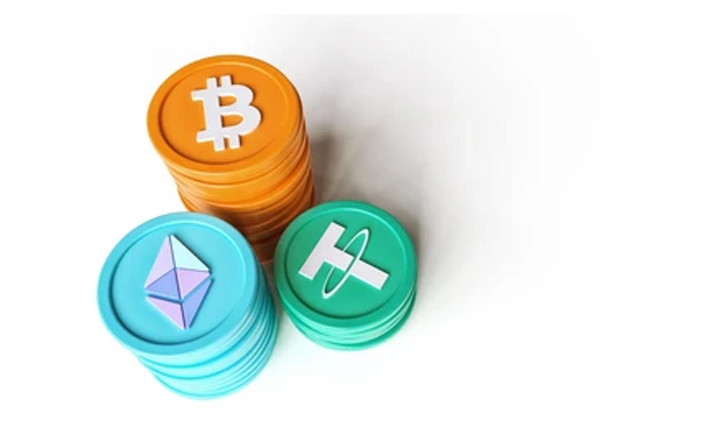
Where to Exchange Money
- Convenience: One of the most obvious places to exchange money is at the airport. It’s the first point of contact for many tourists, and exchange counters are easily accessible. Perfect for those who need immediate cash for initial expenses like transportation.
- Exchange Rates: While airport exchange counters offer the advantage of convenience, they often have less favorable exchange rates compared to their city counterparts. Additionally, they may charge higher commission fees.
- Better Rates: Downtown Dubai and other popular tourist areas have numerous currency exchange offices that typically offer more competitive rates than the airport.
- Reputability: Stick to recognized and well-reviewed exchange offices. Avoid street-side vendors or unofficial exchanges. Some popular and reputable chains include Al Ansari Exchange, UAE Exchange, and Al Rostamani Exchange.
- Service Fees: Many downtown exchange offices don’t charge commissions or service fees, which means you get more value for your money.
- Planning Ahead: If you prefer planning, consider exchanging a small amount of currency before leaving your home country. This ensures you have enough for immediate expenses upon arrival without resorting to airport exchanges.
- Comparison: Research and compare rates at local banks and currency exchange providers to get the best deal.
- Convenience: ATMs are ubiquitous in Dubai, found in malls, streets, hotels, and other tourist attractions.
- Fair Exchange Rates: ATMs often provide a bank’s exchange rate, which can be more favorable than those at currency exchange offices or airports.
- Safety: Withdrawing from an ATM means you don’t need to carry a large amount of cash while traveling.
- Fees: Be mindful of transaction fees that your home bank might charge for international withdrawals. Additionally, the local bank operating the ATM might have its own fee.
- Withdrawal Limits: ATMs may have daily withdrawal limits, which can be inconvenient if you need a large amount of cash.
Tips for Travelers
- Taxis: While many taxis accept card payments, drivers may appreciate and prefer cash. Plus, in the rare event of a card machine malfunction, having cash ensures a smooth journey.
- Local Markets: Shopping at traditional souks or local markets is an experience not to be missed. These places often operate on cash, especially when bargaining is involved.
- Planning: Keep an eye on currency conversion rates a few weeks before your trip. This will give you an idea of the best times to exchange money.
- Apps & Websites: Use reliable financial news websites or currency converter apps for real-time updates.
- Savings: Foreign transaction fees can add up, especially if you’re making multiple purchases daily. A travel-friendly card can save you a significant amount in the long run.
- Benefits: Many travel cards offer added perks such as travel insurance, rewards points, and lounge access. Research and choose one that aligns with your travel habits.
- Local Bank Charges: Some local banks in Dubai may charge a fee for international card withdrawals. Check the ATM for any notifications regarding this.
- Your Home Bank: Your own bank might also charge you for international transactions. It’s wise to inform them of your travel dates and inquire about any potential fees.
- Withdraw Wisely: Instead of making several small withdrawals, consider withdrawing a larger amount less frequently to minimize fees.
Potential Financial Scams to Watch Out For in Dubai
1. Overcharging in Touristy Areas
2. Unofficial Money Exchangers Offering “Too Good to Be True” Rates
3. Common Scams Targeting Tourists
Last Word
Dubai, with its awe-inspiring skyline, lavish shopping malls, and unparalleled luxury, promises an experience like no other. But as with any global destination, the key to truly enjoying the city’s offerings lies in meticulous preparation, particularly on the financial front.
Being financially prepared does more than just ensure you don’t run out of money halfway through your trip. It means being aware of the local currency, understanding where and how to get the best exchange rates, and most importantly, being vigilant about potential pitfalls and scams that might mar the experience. Equipping oneself with knowledge about the UAE Dirham, the benefits of carrying it, and the various alternatives available can significantly simplify transactions during your stay.
Furthermore, understanding where to exchange money and being prudent about it can save you from unnecessary expenses. Awareness of potential financial scams ensures that you’re always a step ahead, safeguarding yourself from deceitful practices.
In wrapping up, as you embark on your journey to the City of Gold, remember that being financially astute is as essential as packing your passport. It’s not just about having enough money but being smart with it. With the right preparation, you can immerse yourself fully in all that Dubai has to offer, ensuring a journey that is as hassle-free as it is unforgettable. Safe travels and may your adventures in Dubai be filled with wonder and joy!
FAQs
Frequently asked questions by visitors of Dubai.
What is the Exchange Rate for USD to AED?
Currently, 1 USD is worth 3.6725 AED

